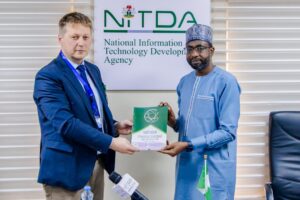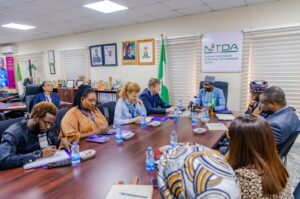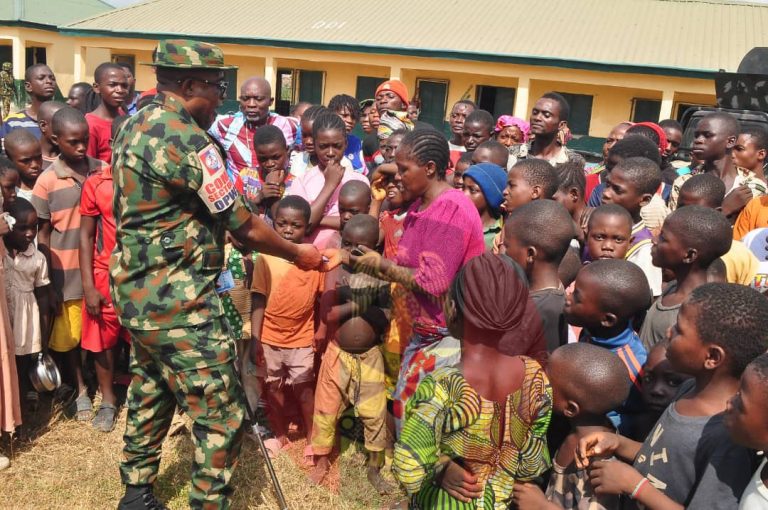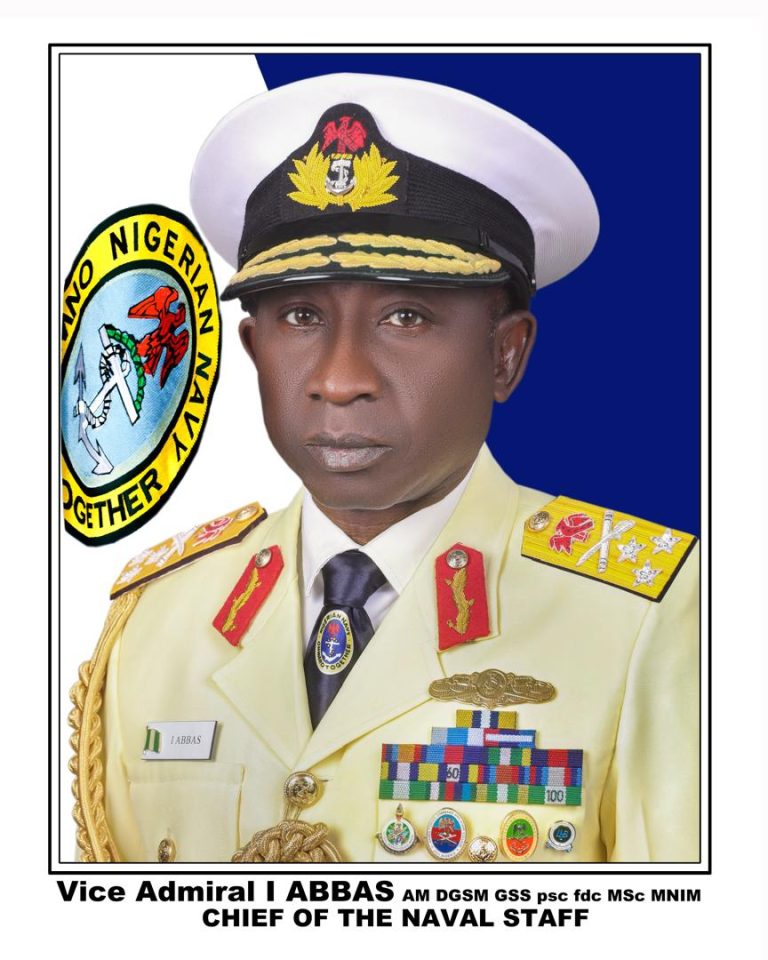The Federal Government of Nigeria is sparing no efforts at securing the safety of our digital space to ensure the success of the forthcoming General Election.
This was contained in a statement by the Director General, National Information Technology Development Agency (NITDA), Kashifu Inuwa, while receiving the European Election Observation Mission (EU EOM), headed by Marek Mbracka, a Social Media Analyst, at his office in Abuja.
With all eyes set on the upcoming 2023 General Elections in Nigeria, the Federal Government through the Ministry of Communications and Digital Economy is working assiduously to ensure the development and total adoption of a digital economy through the implementation of the National Information Technology Development Agency’s (NITDA), Strategic Roadmap and Action Plan (SRAP 2021-2024) anchored on seven strategic pillars, with Cyber Security as a prominent pillar.
According to the Director General, “ensuring a safe digital space would, among other functions, promote a seamless electoral process.”
Inuwa elaborated that it is within the mandate of NITDA to establish Standards, Guidelines, and Frameworks for the Development, Standardization, and Regulation of Information Technology practices in Nigeria.
“At NITDA, we started looking at how we can optimally use technology because technology is a double-edged sword that has its potential and pitfalls. How can we harness the potential while avoiding the perils?”, he queried.
The Code of Practice COP for Internet Service Providers (ISP) bill was a fallout of the attempt to ensure that anything that is illegal offline is illegal online.
 Other attempts are already in motion towards the development of some regulations like; the Digital Market Act, Digital Services Act, GDPR, and many more similar Acts that are usable and applicable in ensuring the safe use of social media.
Other attempts are already in motion towards the development of some regulations like; the Digital Market Act, Digital Services Act, GDPR, and many more similar Acts that are usable and applicable in ensuring the safe use of social media.
Speaking further, he disclosed some details on the contents of the Code of Practice bill, noting that information has been categorized into four; lawful, lawful but harmful, unlawful, and unlawful and harmful.
To this end, law enforcement agencies have been updated on how to report any crime committed, and how to get help from the big tech to address that issue.
He explained that the code of practice bill has five major objectives: firstly, to increase competition, secondly, to improve accountability, thirdly, to safeguard privacy, fourthly, to protect democracy and lastly, but not least, to transform governance itself.
The DG narrated how he had a conversation with a group of attendees at the Digital Life Designing Conference (DLDC) in Germany, where some attendees argued for and against Europe being a superpower or not. Some based their arguments on Europe’s economic and military superpower, but he opined that Europe is a superpower when it comes to regulation.
“Everybody looks towards the Brussel effect when it comes to regulation,” affirming that standards are set through “regulation”.
He stated further that the Information Technology revolution has overridden the yester-years’ superpower, “not even the political superpower”.
While elaborating on his ideas, he said that in today’s world, some high-net-worth Technology Industries CEOs are more powerful than some nation’s presidents because they are armed with powerful information that can be used to manipulate or control sovereign nations.
 Inuwa advised that the Nigerian’s perception must be refocused from being a consumer of products and services offered by technology to the harnessing of the attributing qualities of today’s technological advancements and innovations, especially towards the promotion of free and fair election processes.
Inuwa advised that the Nigerian’s perception must be refocused from being a consumer of products and services offered by technology to the harnessing of the attributing qualities of today’s technological advancements and innovations, especially towards the promotion of free and fair election processes.
“As of today, NITDA is currently in collaboration with certified fact-checkers in the country, but we need more because in Nigeria we have over 300 languages, therefore a real need for more major fact-checkers’’.
The EU is a globally recognized and credible actor in international election observation. Since 2003, the EU has been deploying Election Observation Missions (EOMs) to observe all the general election processes in Nigeria.
The Head of the team that visited NITDA, Marek Mracka, was excited about NITDA’s active Website and presence on social media and encouraged the same tempo across all other Government Ministries, Departments, and Agencies (MDAs).
In his response, the Head of the Legal Unit at NITDA, Barr. Emmanuel noted that while most government agencies already have active websites, NITDA has been collaborating and engaging in different capacity-building programmes to ensure a seamless transition to a digital economy.
https://any.peopleandpowermag.com/fg-safeguarding-digital-space-to-ensure-successful-elections-nitda-tells-eu-eom/



